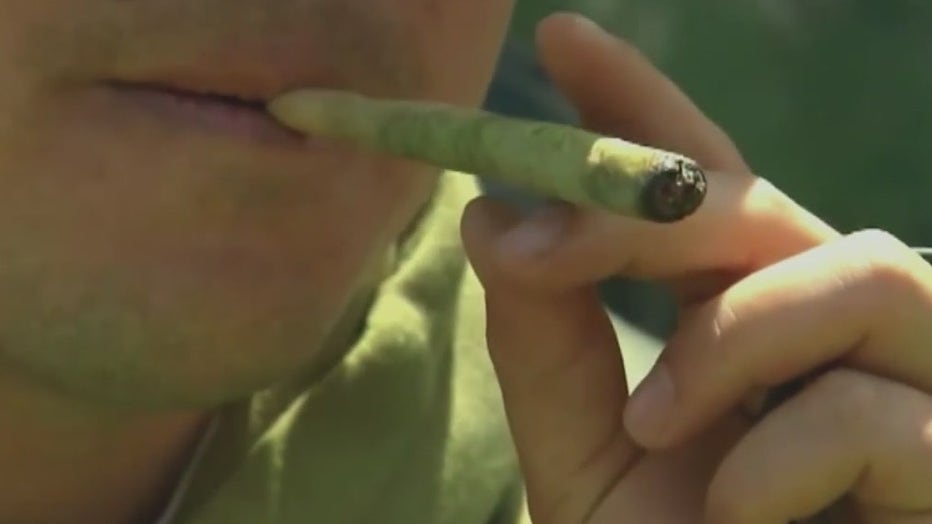Missouri voters set to weigh in on recreational marijuana
COLUMBIA, Mo. (AP) - A campaign to legalize recreational marijuana in Missouri gathered enough signatures to make it on the November ballot, Republican Secretary of State Jay Ashcroft announced Tuesday.
If voters approve the constitutional amendment on marijuana, those age 21 and older could buy and grow it for personal consumption as early as this year.
"We look forward to engaging with voters across the state in the coming weeks and months," LegalMo22 campaign manager John Payne said. "Missourians are more than ready to end the senseless and costly prohibition of marijuana."
Missouri voters approved medical marijuana use in 2018. Efforts to allow recreational marijuana use have failed to pass Missouri's Republican-led Legislature for years, prompting advocates to go to voters for approval instead.
Recreational marijuana is already legal in 19 states, and legalization proposals are on the ballot this fall in South Dakota and Maryland. Supporters are also trying to get measures on the ballot in Arkansas, North Dakota and Oklahoma.
Backers of the Missouri ballot proposal are highlighting a provision that would erase past marijuana-related convictions for nonviolent offenders and those whose conviction didn’t include selling to minors or driving while high.
Local NAACP chapters, the American Civil Liberties Union of Missouri, criminal defense lawyers and other civil rights advocacy groups endorsed automatic expungement, and it could broaden support for the initiative among Republican criminal justice advocates. Seven other states with legal recreational marijuana have also adopted automatic expungement policies.

Marijuana sales would be taxed at 6% under the Missouri measure. The tax is estimated to bring in more than $46 million during the first full year the amendment is in effect and close to $70 million the following year. Revenues would be earmarked for veterans’ homes, drug treatment programs and public defenders.
Cities and other municipalities could enact local sales taxes on recreational marijuana up to 3% or enact local bans on non-medical marijuana sales by a public vote.
Ashcroft said a separate proposal to allow ranked-choice voting failed to collect the roughly 170,000 voter signatures from six of the state’s eight congressional districts to get on the ballot.
Under that proposal, candidates from all parties would have been listed on primary ballots beginning in August 2024, meaning voters could pick from Republicans and Democrats without requesting a party-specific ballot. The top four candidates with the most votes would move on to the general election, when voters could either pick only their favorite or rank the candidates from first to last.
Better Elections spokesman Scott Charton said in a statement that proponents would honor supporters "with continued work" on the issue.
"If we want leaders in elected office who put our country and state over their political party, we're going to have to change the system," he said.


